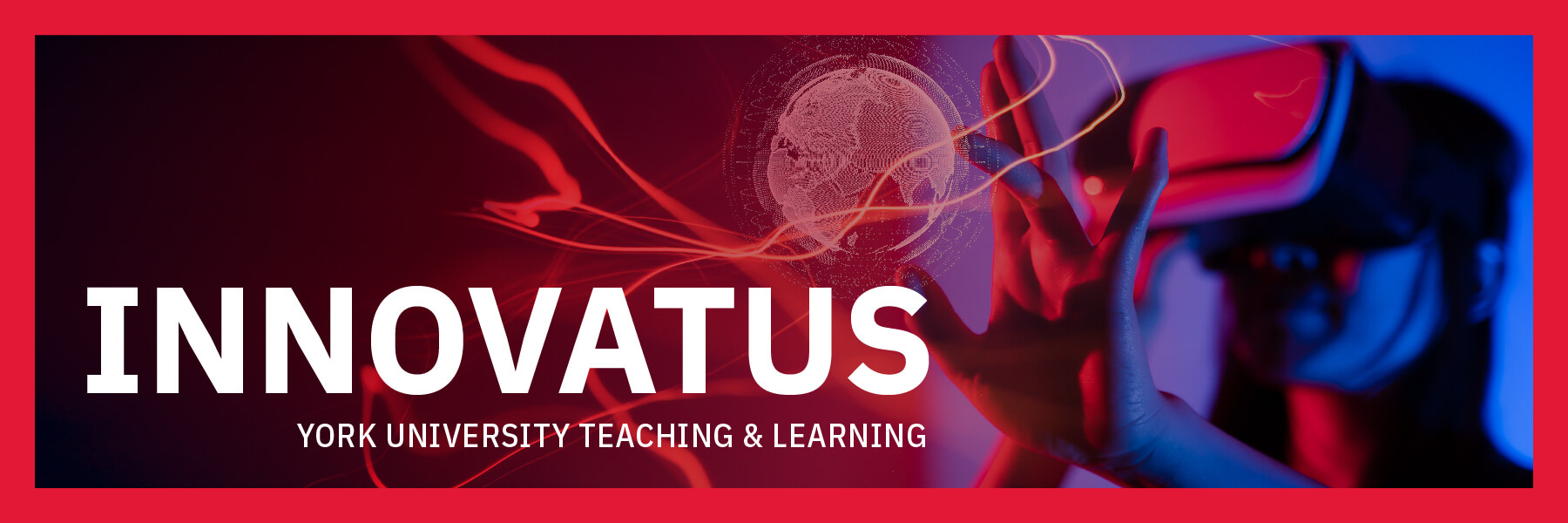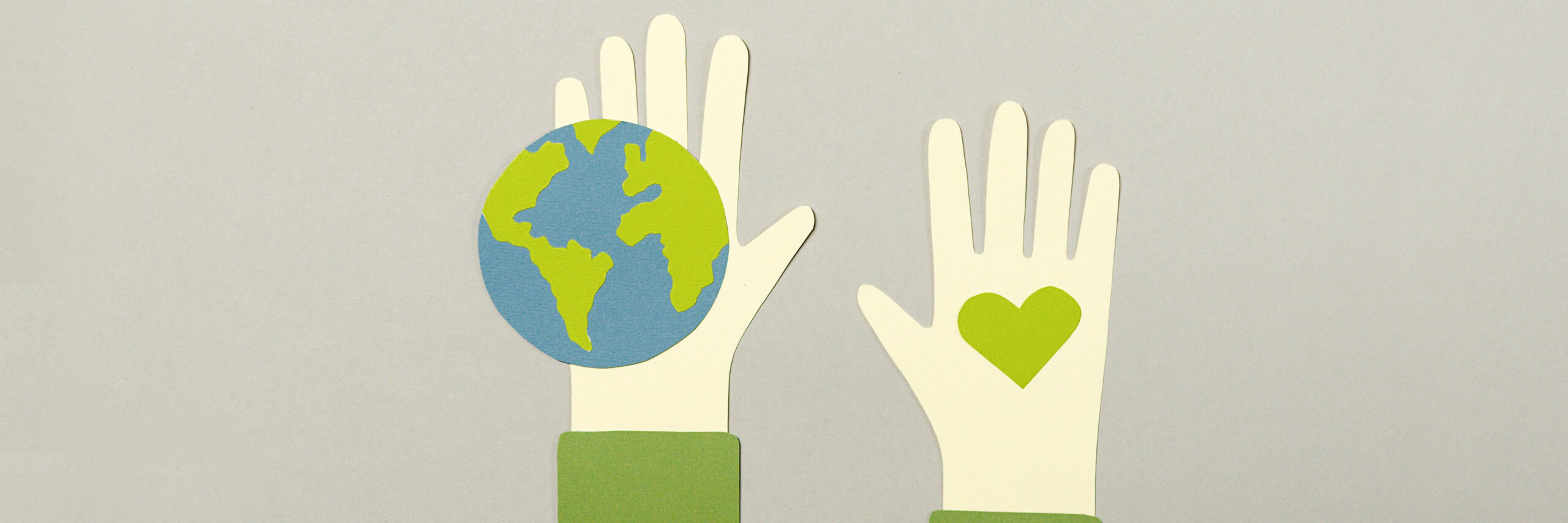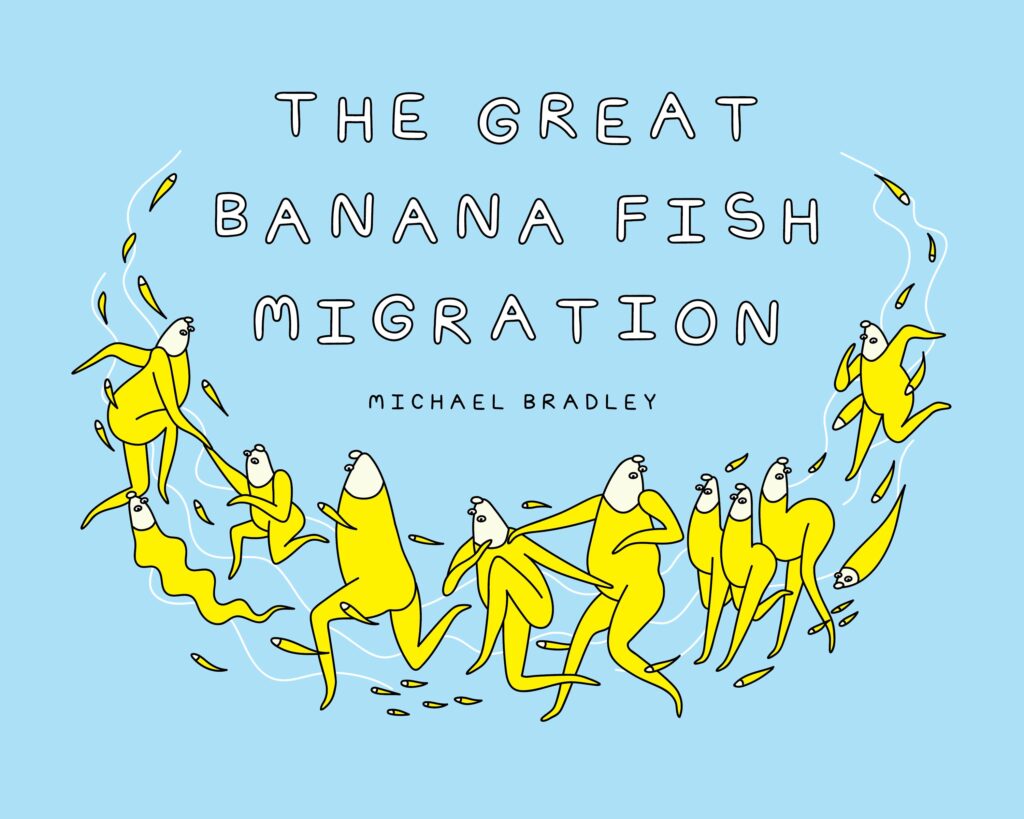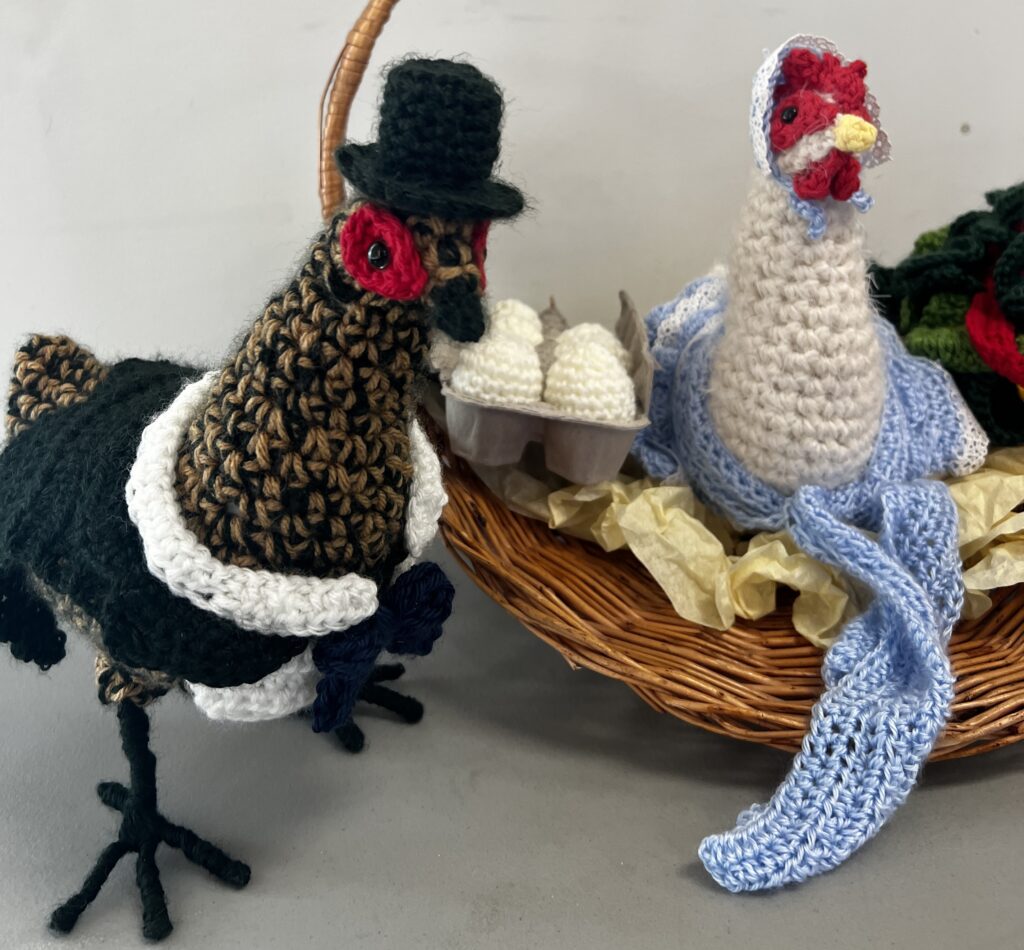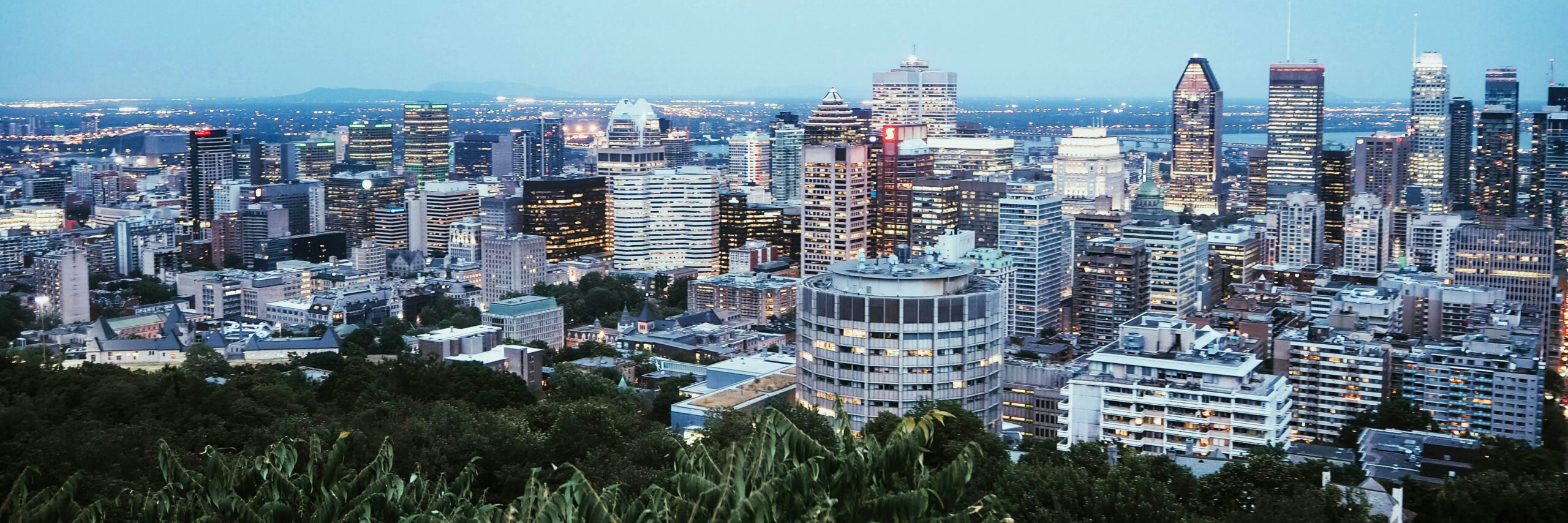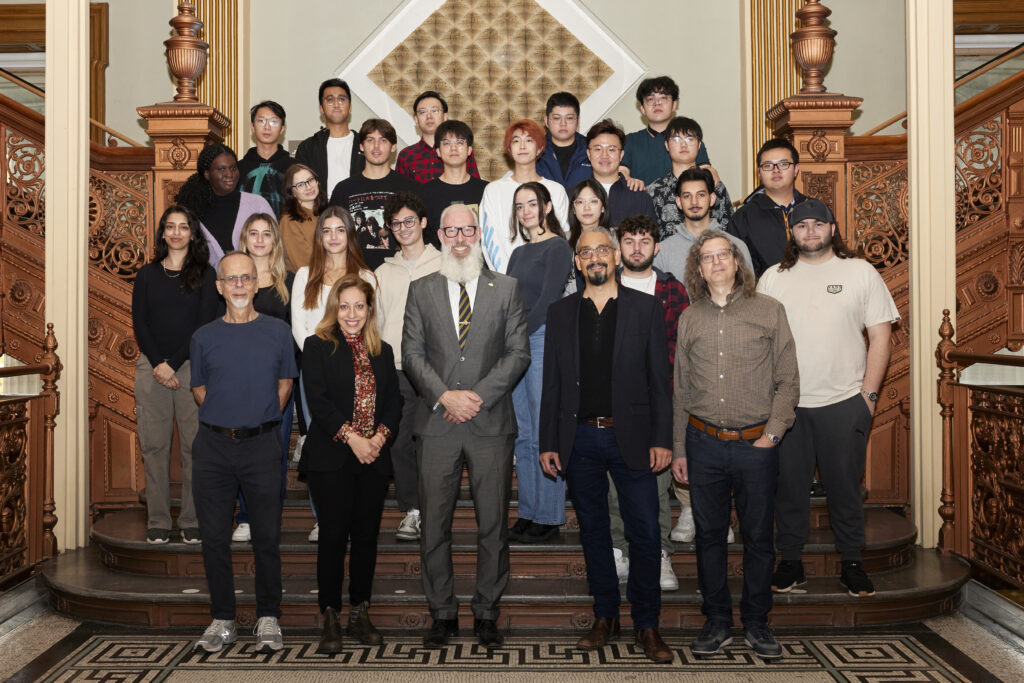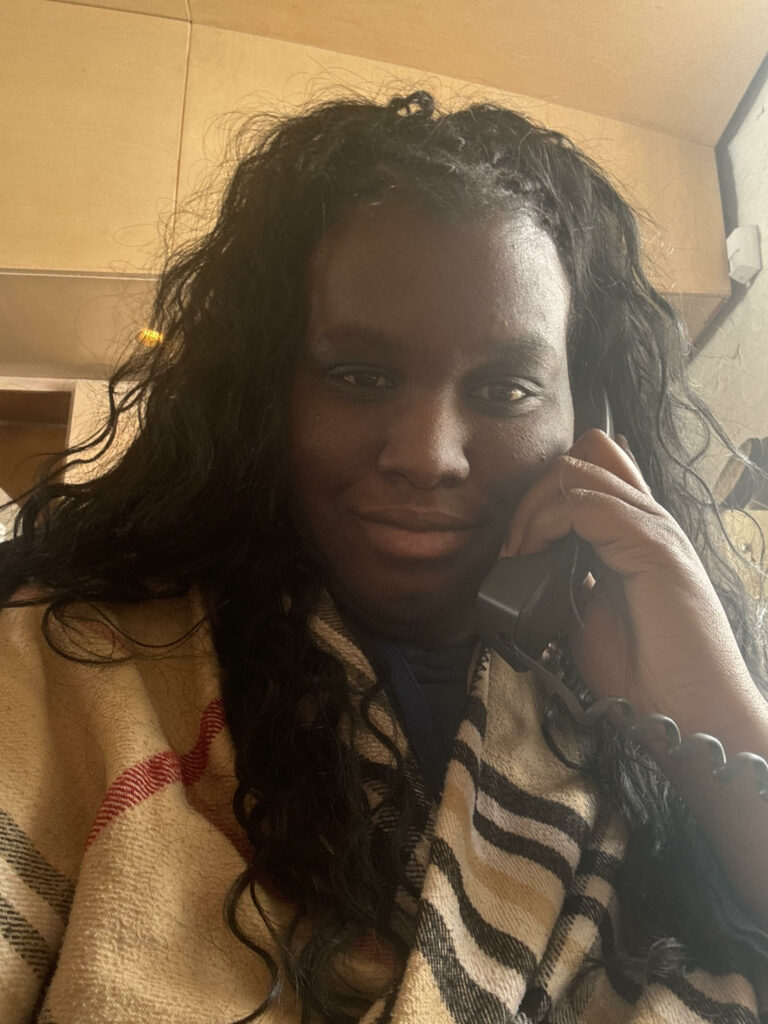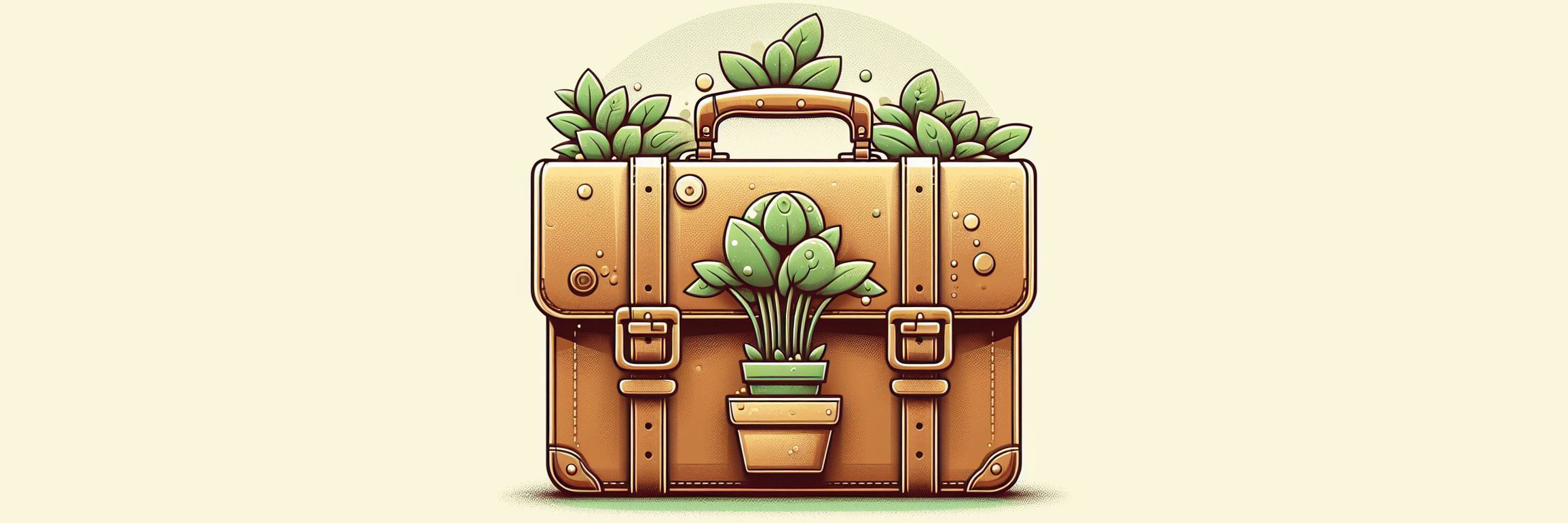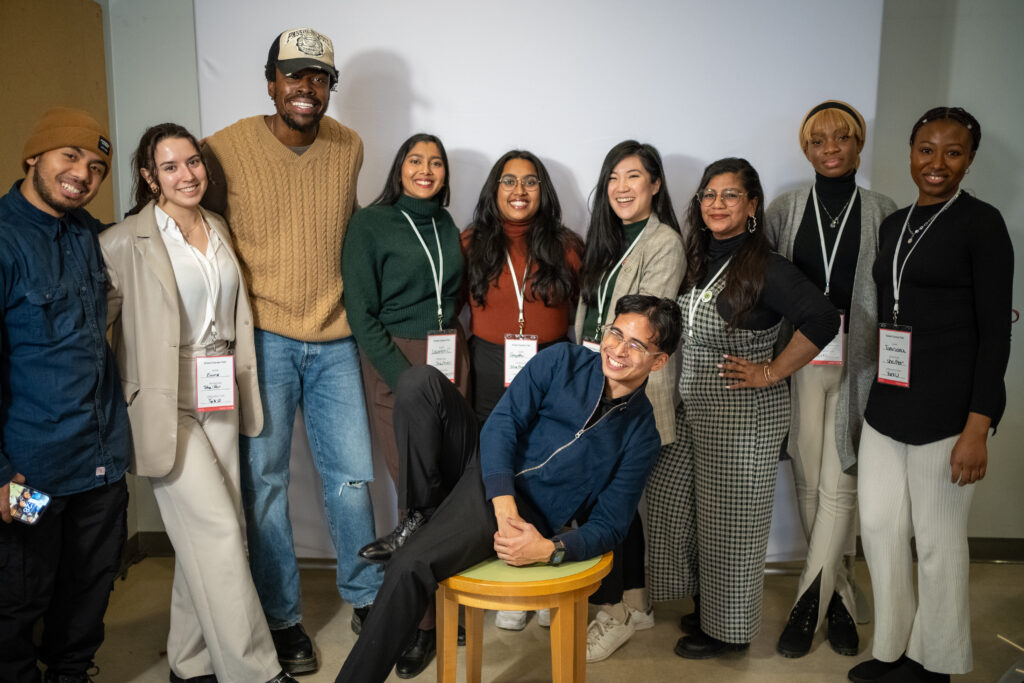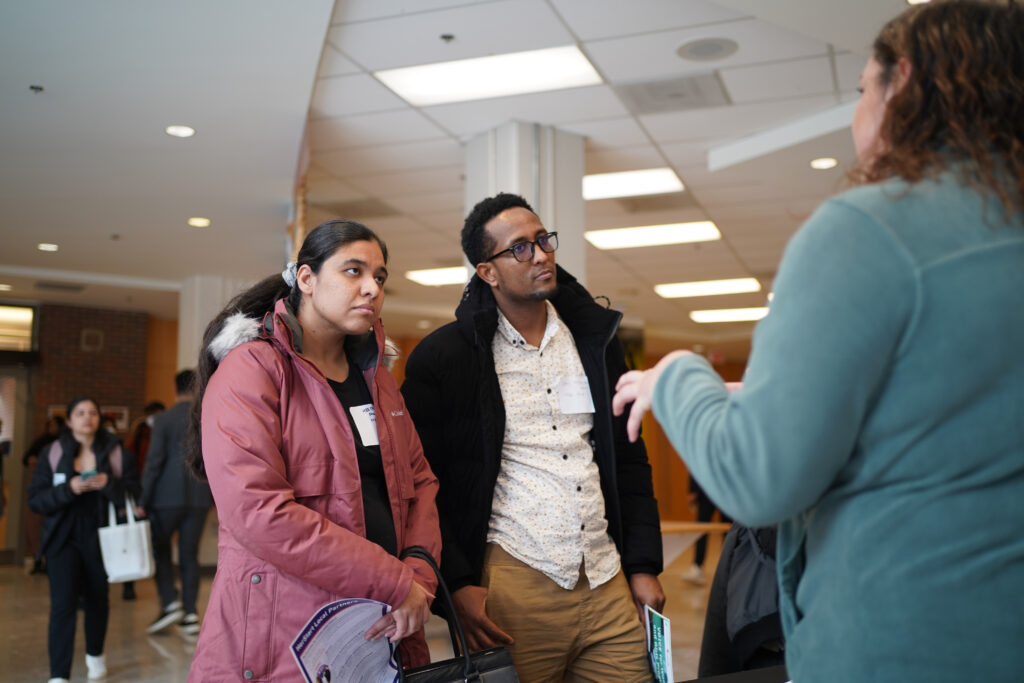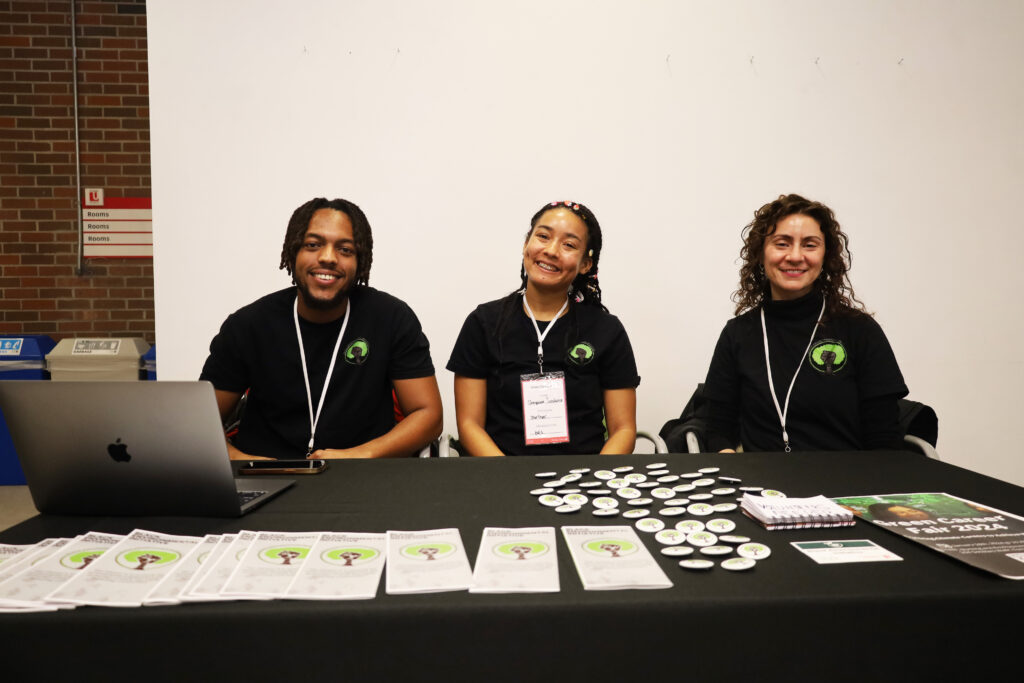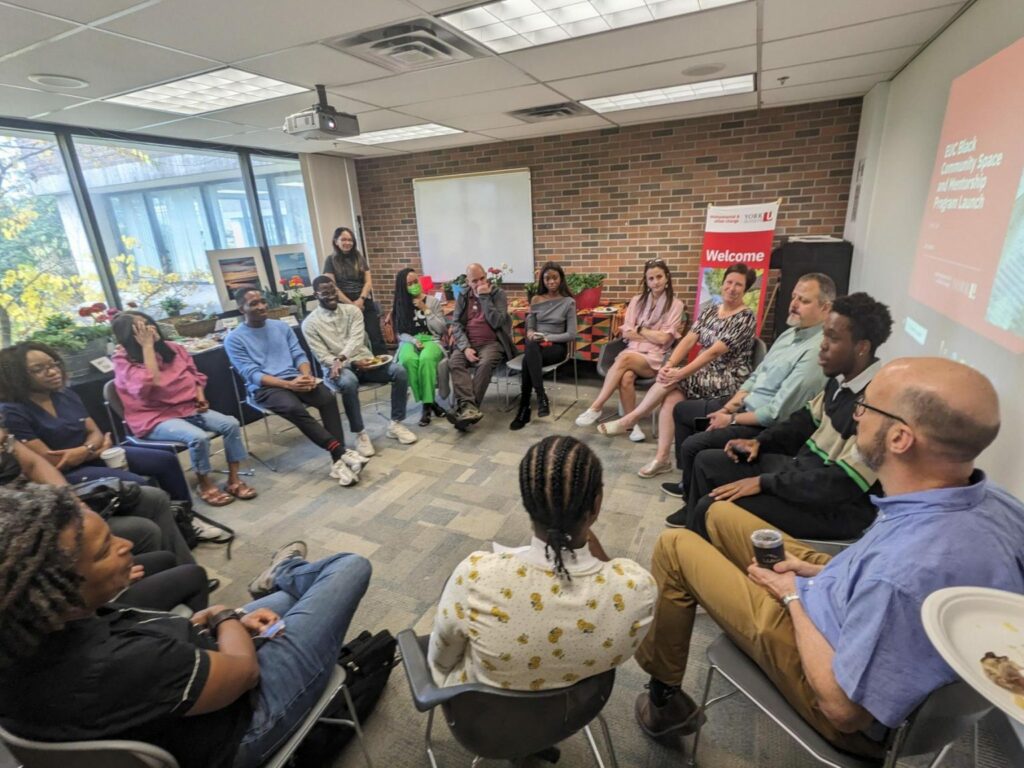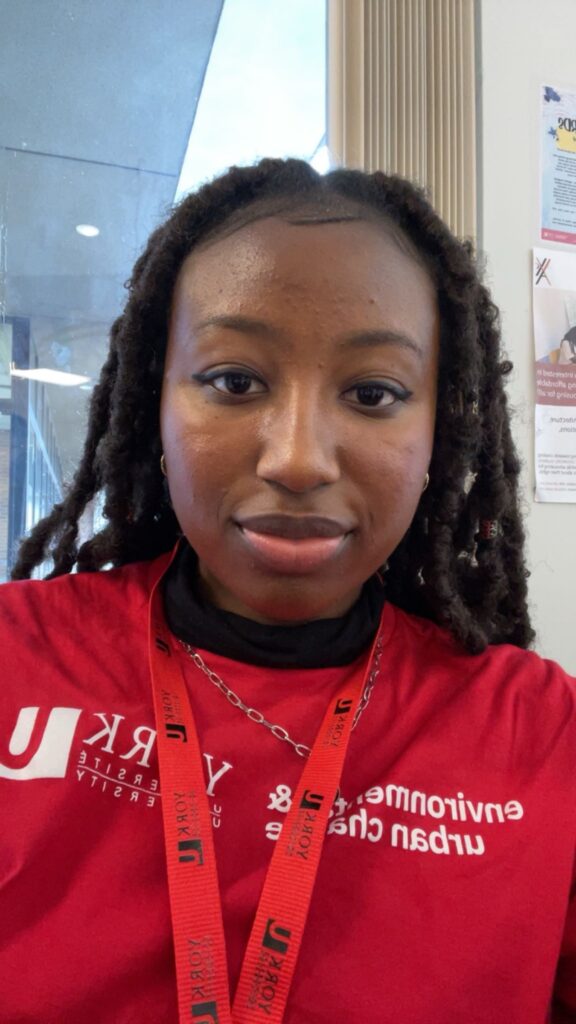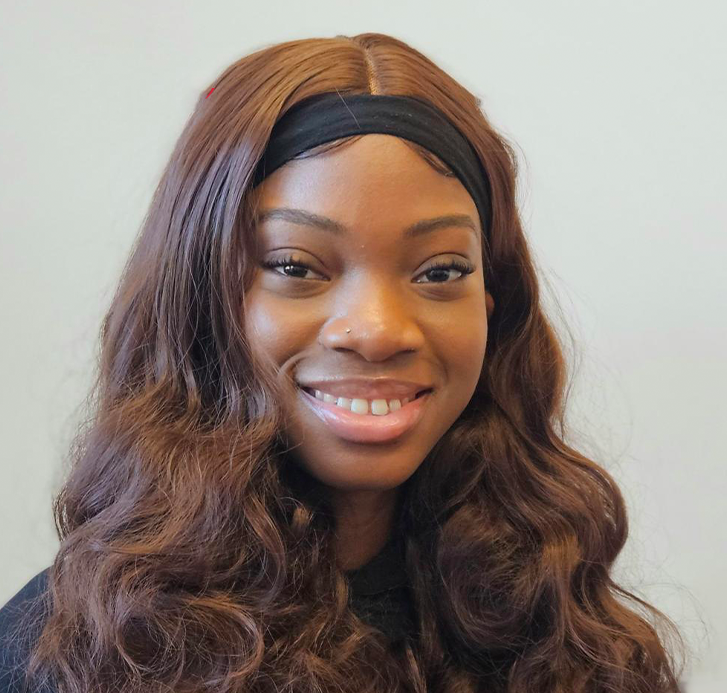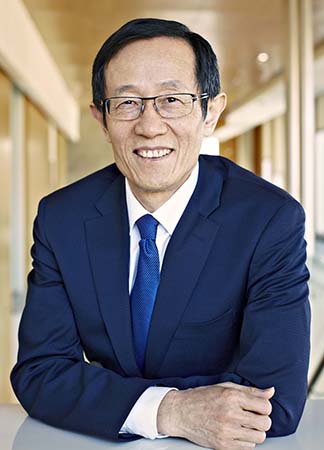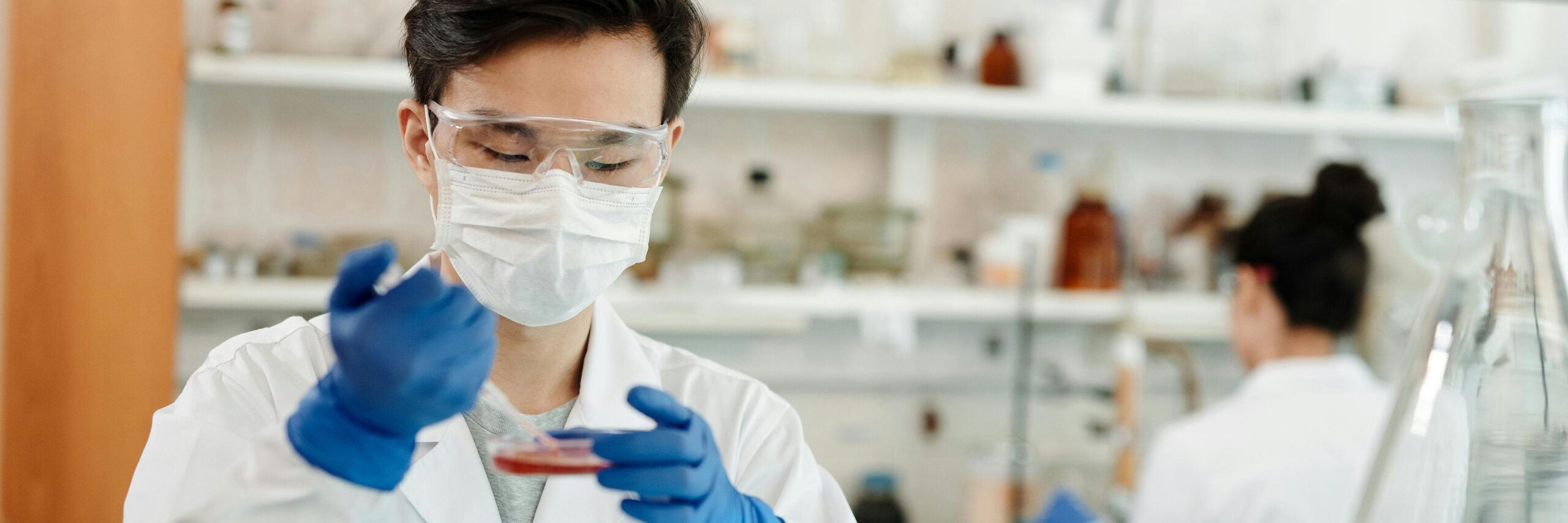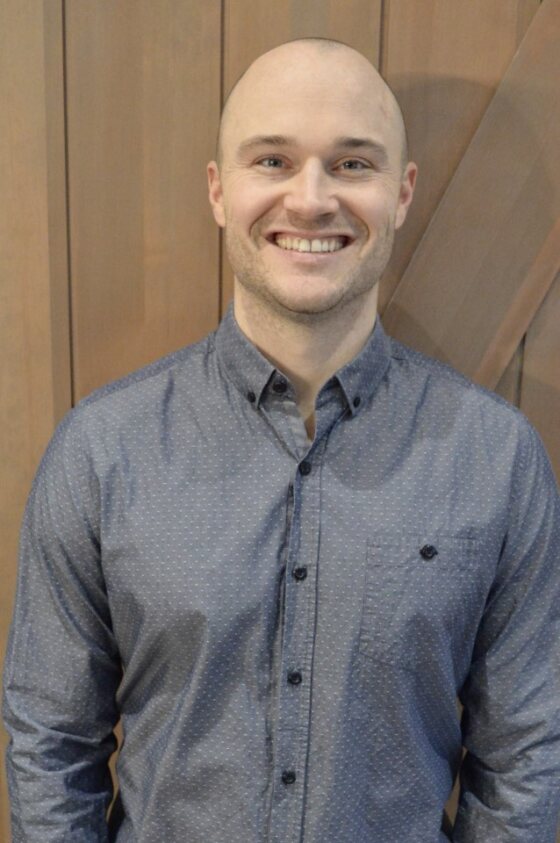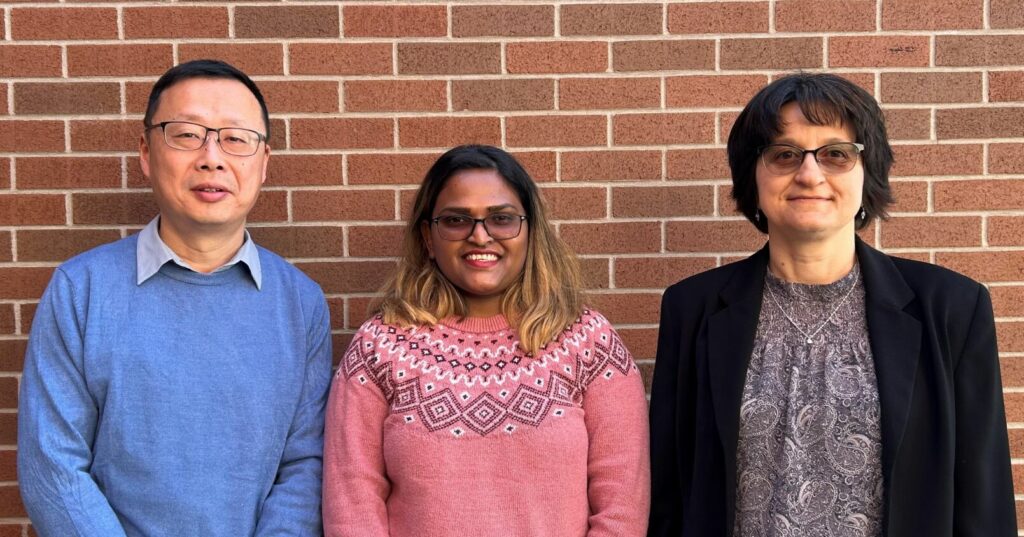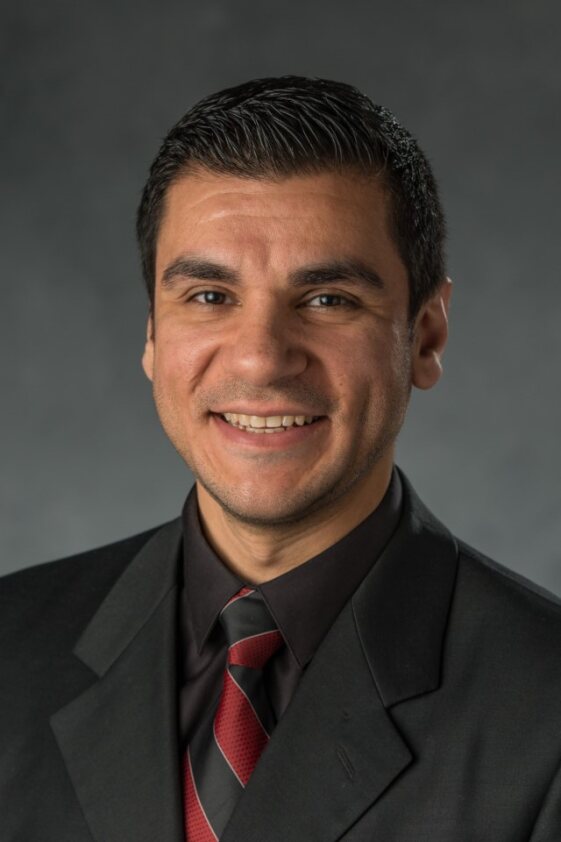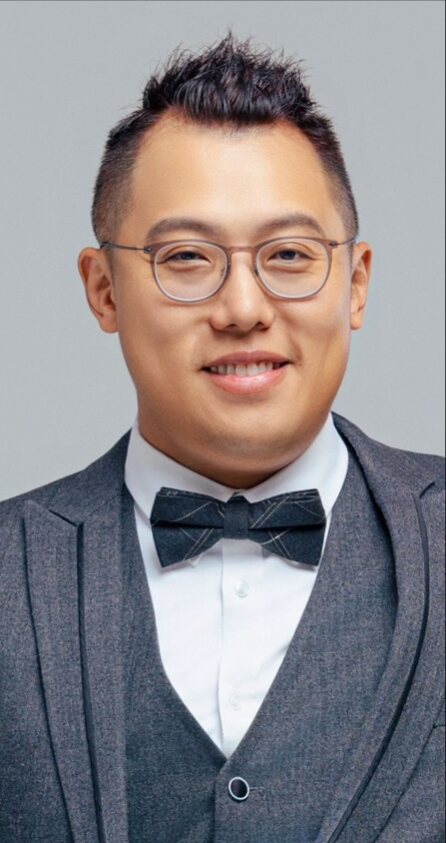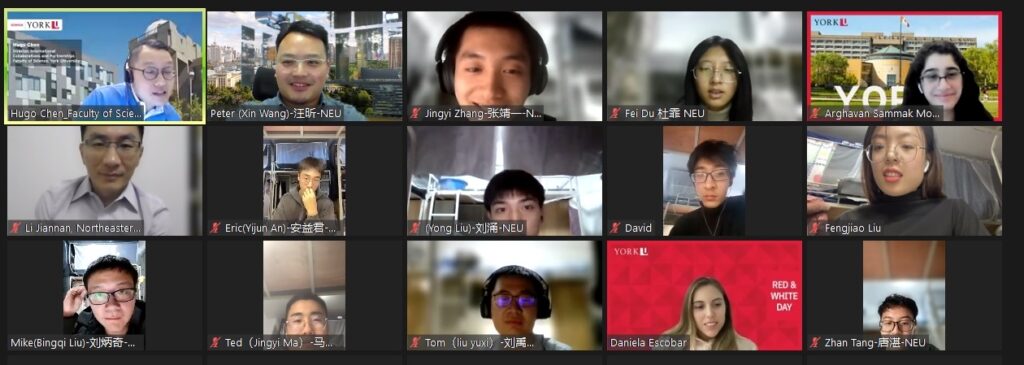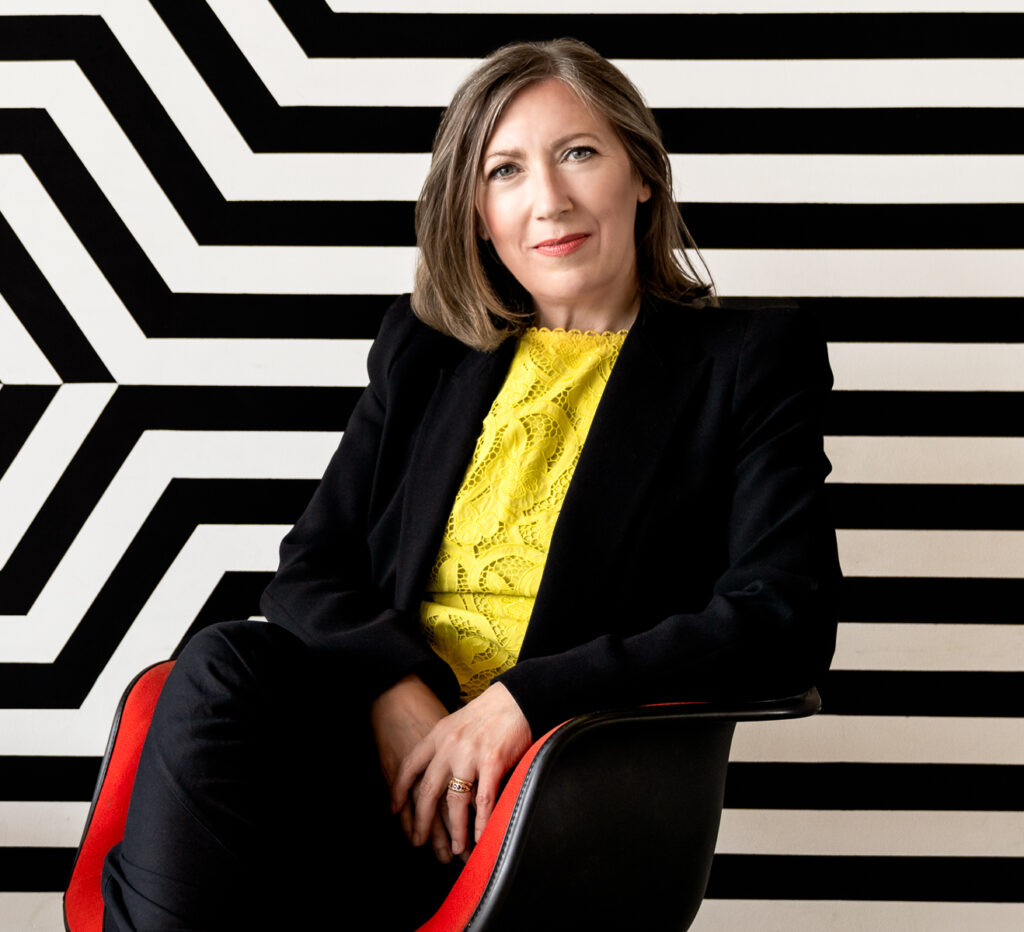Welcome to the April 2024 edition of Innovatus, a special issue of YFile devoted to teaching and learning at York University. This month we showcase the Faculty of Environmental & Urban Change (EUC), and its latest efforts to advance the creativity, learning, wellbeing, and careers of its students.
Innovatus is produced by the Office of the Vice-Provost, Teaching & Learning in partnership with the Communications & Public Affairs Division.
In this issue, EUC invites York community members to share stories about its efforts in improving the learning – and lives – of its students.
As York’s newest Faculty, EUC takes pride in bringing innovative approaches to our teaching and learning environment. Less than four years into its existence, with a suite of newly designed programs, the Faculty is building a reputation for pedagogy that is inclusive, experiential and interdisciplinary, as well as being oriented towards shaping active citizens and changemakers.
Our commitment to inclusion is most clearly manifested in the new Black Community Space that serves as a hub for Black students, staff and faculty from within EUC and beyond. Not just a place for relaxation and connection, the Black Community Space is also a site for the staging of discussion panels, dialogues and art exhibits, as well as our new Black Mentorship Program. An active approach to community inclusion is also evident in our Maloca Community Garden, where urban gardening is taught and practised, both for the York community and for adjacent local neighbourhoods.
If the “hands-on” ethos of our community garden reflects our focus on experiential education locally, it is also found in field courses that allow our students to experience other urban settings and environments and to appreciate the circumstances of those who live there. This issue of Innovatus highlights an excellent field experience that takes students to Montreal. But it can also be found in many courses that integrate experiential components, and in our commitment to offering courses at the Las Nubes EcoCampus in Costa Rica.
For a relatively small unit, EUC offers a unique breadth of ideas and approaches. Like many academic units focused on the environment, our teaching ranges from laboratory- and field-based science to the social sciences and the humanities, but we also go much further. Unlike any equivalent Faculty in Canada, our teaching and research encompasses the arts as a form of understanding, expression and persuasion. This dimension of EUC’s teaching is manifested in our annual Eco Arts Festival, but is also found on a daily basis in our in-house gallery spaces and our newly renovated Wild Garden Media Centre, where Indigenous arts, languages and cultural production will be foregrounded.
All of this work is intended to empower our students to make a real impact in the world. Our inaugural Green Career Fair in January was mounted in partnership with the Green Career Centre – founded by EUC graduate student Lauren Castelino. Such events help to connect our students with organizations that are fostering sustainable living worldwide. The same thinking lies behind our exciting new co-op program that will launch in the fall and will see EUC students placed in firms and organizations that are promoting a just and sustainable future.
EUC is York’s smallest and youngest Faculty, but we like to think that our community – faculty, instructors, teaching assistants, staff, students and alumni – is making an outsized contribution to the University’s commitment to the United Nations Sustainable Development Goals, and a brighter future for both people and the planet.
Thank you,
Phillip Kelly
Interim Dean, Faculty of Environmental & Urban Change
Faculty, course directors and staff are invited to share their experiences in teaching, learning, internationalization and the student experience through the Innovatus story form.
In this issue:
Eco Arts Festival to showcase students’ environmental art
The Eco Arts Festival is an annual event that highlights artistic work from Environmental Arts and Justice students that looks to start conversations about ecological change.
Urban Studies students advance learning with Montreal field trip
In order to enhance her students’ urban studies learning, Professor Teresa Abbruzzese took a group of undergraduates to Montreal to apply their analytical skills.
Inaugural fair helps EUC students explore green career possibilities
The Green Career Fair, held in January, looked to welcome Faculty of Environmental & Urban Change (EUC) and high-school students in order to help them pursue sustainability careers.
Initiative provides community space for EUC Black students
Black students in York University’s Faculty of Environmental & Urban Change (EUC) now have a dedicated community space in the Health, Nursing & Environmental Studies Building (HNES) to use for meetings, workshops and informal gatherings.


